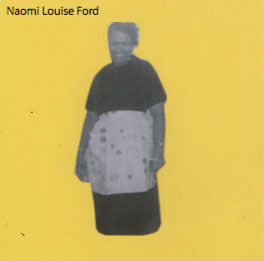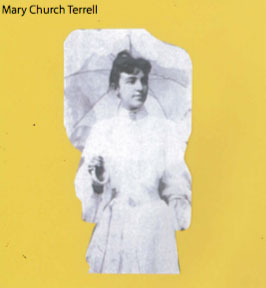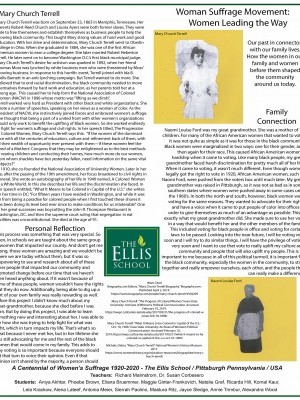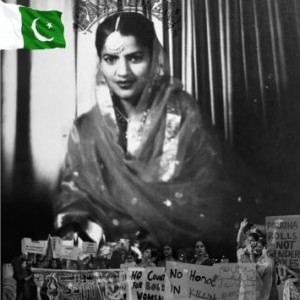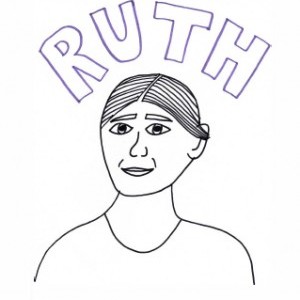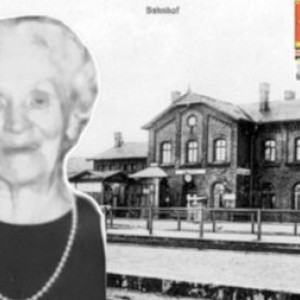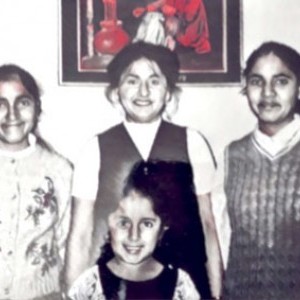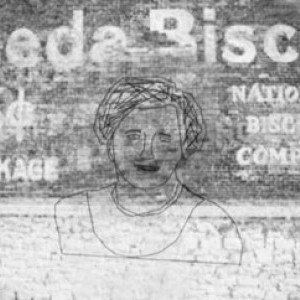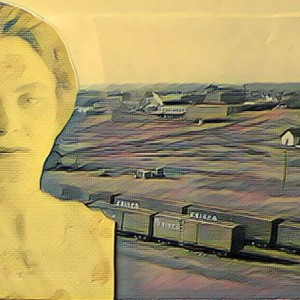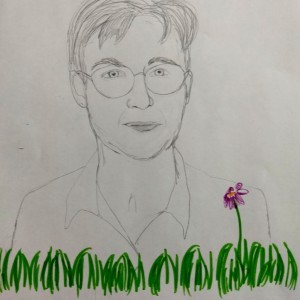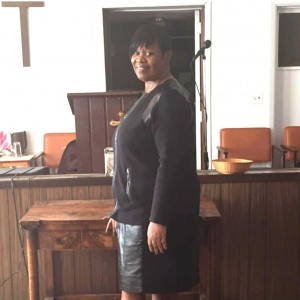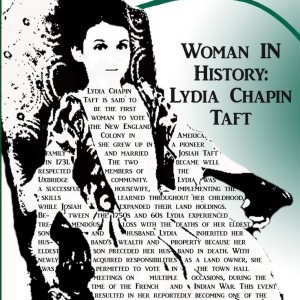Jayce Sledge
The Ellis School | Pittsburgh, PA | 11th Grade
Inspirational Family Member
My Great-Grandmother
Naomi Louise Ford was my great-grandmother. She was a mother of 10 children. For many of the African-American women that wanted to vote, it was not quite as simple as that for those in the black community. Black women were marginalized in two ways: one for their gender, and then again for their race. This caused African-American women a hardship when it came to voting.
Like many black people, my great-grandmother faced harsh discrimination for pretty much all of her life. When it came to voting, it wasn’t much different. Even though women legally got the right to vote in 1920, African-American women, such as Naomi Ford, were pushed from the voter's box until much later.
My great-grandmother was raised in Pittsburgh, so it was not as bad as in some southern states where women were pushed away in some cases until the 1960’s. In both the north and south, however, black women were voting for the same reasons. They wanted to advocate for their rights and have a voice when it came to put people of color into offices in order to give themselves as much of an advantage as possible. This is exactly what my great-grandmother did. She made sure to use her vote in a way that would benefit her and the other members of the family. This included voting for black people in office and voting for certain laws to be passed.
Looking into the near future, I will be voting very soon and I will try to do similar things. I will have the privilege of voting very soon and I want to use that vote to really uplift my culture and community and people that will also uplift my people. This is so important to me because in all of this political turmoil, it is important for the black community, especially the women in the community, to stick together and really empower ourselves, each other, and the people that can really make a difference.
Historical Figure I Admire
Mary Church Terrell
Mary Church Terrell was born on September 23, 1863 in Memphis, Tennessee. Her parents Robert Reed Church and Louisa Ayers were both former slaves. They were able to free themselves and establish themselves as business people to help the growing black community. This taught Mary strong values of hard work and good education. With her drive and determination, Mary Church Terrell went to Oberlin College in Ohio. When she graduated in 1884, she was one of the first African-American women to earn a college degree. She later married Robert Heberton Terrell. He later went on to become Washington D.C.’s first black municipal judge. 1
Mary Church Terrell’s desire for activism was sparked in 1892, when her friend Thomas Moss was lynched by white businessmen who were threatened by Moss’ growing business. In response to this horrific event, Terrell joined with Ida B. Wells-Burnett in an anti-lynching campaign. But Terrell wanted to do more. She believed that to end racial discrimination, the black community needed to move themselves forward by hard work and education, as her parents told her at a young age. This caused her to help form the National Association of Colored Women (NACW) in 1896, whose motto was "lifting as we climb." 2
Terrell worked very hard as President with other black and white organizations. She wrote a number of speeches, speaking on her views as a woman of color. As the president of NACW, she instinctively joined forces and embraced women’s suffrage. She thought that being a part of a united front with other women’s organizations would only work to benefit the uplifting of Black women. So she worked endlessly to fight for women’s suffrage and civil rights.3 In her speech titled, "The Progression of Colored Women", Mary Church Terrell says this:
"If the women of the dominant race with all the centuries of education, culture and refinement back of them, with all their wealth of opportunity ever present with them—if these women feel the need of a Mothers’ Congress that they may be enlightened as to the best methods of rearing children and conducting their homes, how much more do our women, from whom shackles have but yesterday fallen, need information on the same vital subjects?" 4
In 1910. She co-founded the National Association of University Women. Later in her life, after the passing of the 19th amendment, her focus broadened to civil rights in general. She wrote an autobiography of her life in 1940 named, A Colored Woman in a White World. In this she describes her life and the discrimination she faced. In her speech entitled, "What It Means to be Colored in Capital of the U.S.", she writes on her time in DC: “For fifteen years I have resided in Washington, and while it was far from being a paradise for colored people when I first touched these shores it has been doing its level best ever since to make conditions for us intolerable”.5 One of her great successes was boycotting the John R. Thompson Restaurant in Washington, DC, and then the Supreme Court ruling that segregation in eat facilities was unconstitutional. She died at the age of 91.
SOURCES +
What the Project Means to Me
This process was something that was very special. So often, in schools we are taught about the same group of women that impacted our country. And don’t get me wrong, those women are amazing and we wouldn’t be where we are today without them, but it was so empowering to see and research about all of these other people that impacted our community and promoted change before our time that we haven’t even heard anything about. If it wasn’t because of some of these people, women wouldn’t have the rights that they do now. Additionally, being able to dig up a part of your own family was really rewarding as well.
Before this project I didn’t know much about my great grandmother, because she died before I was born. But by doing this project, I was able to learn something new and interesting about her. I was able to see how she was trying to help fight for what was right, which in turn impacts my life. That’s what’s so great because I never met her, but in her lifetime she was still advocating for me and the rest of the black women that would come in my family. This adds to why voting is so important because everyone should get that turn to voice their opinion. Even if that opinion isn’t shared by the majority, a person should be able to voice it.
Explore the Archive
More From This Class
Click on the thumbnails below to view each student's work.Deadline Extended
There's still time to join Women Leading the Way.
Become a part of our storytelling archive. Enroll your class today.
Join the Project

